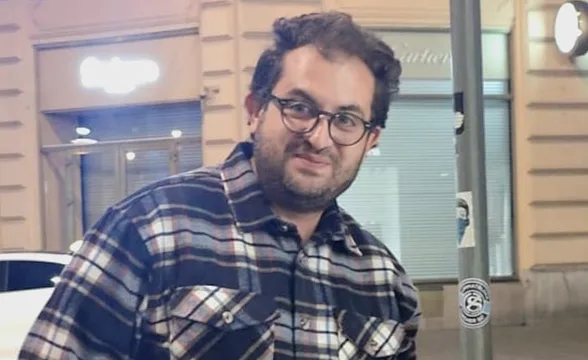On Monday, April 26, a security unit raided the family home of political activist Elyes Chaouachi, son of political prisoner and former minister Ghazi Chaouachi. This move raises questions about the continued targeting of political opponents under the pretext of investigating “terrorist” cases.
According to available information, the raid was conducted by three security officers, two in civilian clothes and the third in uniform. They inquired about Chaouachi’s whereabouts, despite his having resided abroad for years. This move sparked panic among the family, especially given that only his mother and sister were present, without providing any judicial authorization or legal document justifying the action.
In public statements, Chaouachi described this move as a “form of intimidation,” asserting that it comes in the context of the third case opened against him, but the first involving terrorism charges. He considered his targeting to be part of a systematic campaign against political and human rights elites, citing several similar cases involving opposition political figures such as Abdellatif Mekki, Ayachi Hammami, Jawhar Ben Mbarek, and Abderrazak Kilani.
Freedom for Tunisia Observatory Condemns Collective Punishment Policy
The Freedom for Tunisia Observatory expresses deep concern about the practice of raiding homes without a judicial warrant, especially when the aim is to put psychological pressure on family members or instill fear among those close to the opposition. It also warns against the widespread use of terrorism-related charges to criminalize political expression or punish families.
The Observatory calls for:
- Respect for the sanctity of homes and an end to all forms of security pressure outside of legal frameworks.
- An independent investigation into the practice of unjustified raids.
- Ending the targeting of activists’ families in political and security-related conflicts.
- Respecting the principle of individual responsibility and punishment, and ending the policy of collective intimidation.
The continuation of these practices not only threatens individual freedoms, but also deepens divisions and undermines the foundations of trust in judicial and security institutions.





